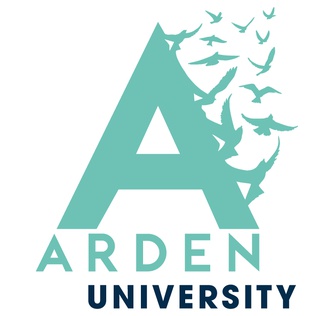The joint MA in Social Policy and Law allows you to gain a disciplinary understanding in core social policy analyses as well as law.
Social Policy
You will take core courses to understand how social policy affects different parts of society. You will learn how different systems of social policy can result in very different relationships between the state and other actors.
Law
You will also develop knowledge and understanding of the theory concepts and rules of Law.
The study within the Edinburgh Law School is grounded in Scots law and the Scots legal system. You will also be made familiar with the law and legal systems of the other parts of the United Kingdom the European Union and the wider world.
You will gain insights into particular methods of understanding society through the lens of legal studies. You will apply those to real-world problems that stretch beyond the reach of those disciplines. This will help you understand the impact particular decisions have on different parts of society.
This allows you in years 3 and 4 to take specialisation courses in both disciplines.
On the Social Policy side of the degree you will be able to choose from a range of specific Social Policy courses (between 2-4) that cover particular policy areas or processes and also specific options from Law (between 2-4) in addition to the central methods and approaches courses in both disciplines.
You can usually choose which subject area you want to write your dissertation project in.
Year 1
Social Policy
You will take Social Policy & Society. In this course we will introduce you to core concepts in the analysis of key government policy areas. We do this by contrasting various lenses through which we can understand social policy. You will explore the consequences of different policy decisions by governments on different parts of society.
You will study Politics of the Welfare State which examines social policy as a political issue in the UK. It introduces you to the politics of the area that constitutes one of the largest sets of government expenditure. You will be confronted with debates about the different ways of delivering welfare and the interplay between the state and the private sector.
Additionally you will take the compulsory law courses Scottish Legal System and Public Law of the UK and Scotland.
Year 2
Social Policy
You will take Comparative Social Policy: Global Perspectives. You will compare different approaches to social policy in European and non-European countries
You will also take Evidence Politics and Policy. You will learn to critically assess how evidence is used or misused by different actors and in the media to influence public opinion.
In addition you will take Research Skills and Design. You will learn how to create the foundations for high quality social research yourself.
Law
You will take 40 credits of law courses including the compulsory course Public Law and Individual Rights.
Year 3
You will select options that cover a wide array of policy fields such as:
family policy
labour market policies
social inequalities
criminal justice
health policy
education policy
You will also take courses in qualitative and quantitative research methods and a course that will enable you to analyse policies from multiple lenses (economic political and sociological).
Additionally you will take a further 80 credits of law option courses.
Year 4
You will continue to take social policy courses and will complete an individual research project.
This may involve collecting and analysing data and information from sources such as:
the European Commission
UK Government
Scottish Government
local authorities
voluntary organisations
Show less












